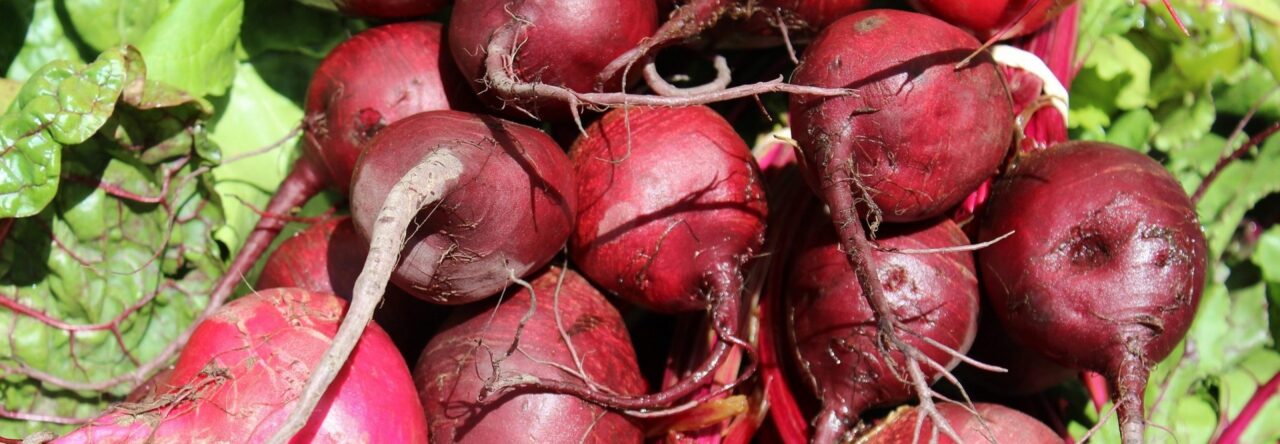
The history of herbs and spices is intertwined with the history of human civilization.
Herbs and spices were essential to most ancient economies and used to trade for other valuable commodities. The ability to obtain herbs and spices for personal use was a way to display wealth and power. Pepper, something that is ubiquitous in the US today, was once a rare commodity that only the rich could afford because it only grew in Kerala, a state in India. During the middle ages for instance, peppercorns were used as payment for rent (peppercorn rent), and wealthy brides received pepper as a dowry. “Pepper expensive,” is a Dutch colloquialism denoting anything expensive.

One of the first records of spice use was in an Ancient Egyptian papyri which detailed spices used for health and food preservation such as cumin, garlic, and thyme. The rivers of the Nile in Africa, Tigris-Euphrates in Western Asia, and Yellow River in China were waterways where the earliest trading took place. The Chinese, ancient Mesopotamians, East Indians, Grecian, Roman, Arabian, Muslim, and European empires were all involved in the spice trade and control over it was their primary occupation for most of human history.

The infamous silk road, established during the Han Dynasty of China between 207 BCE and 220 CE, was an ancient network of trade routes stretching over 4000 miles and linked the far east with Europe for roughly 1500 years. It played an important role in not only exchanging goods but also ideas and knowledge around the world. Most trade was overland, but exploration by water expanded once the Ottoman Empire blocked European access to China unless a high tax was paid. This resulted in an era referred to as the Age of Discovery in Europe, a reaction against control of trade routes by the Ottomans. Maritime exploration established alternate trade routes ushering in the beginning of globalization and the rise of widespread colonialism by Europeans. The waning spice trade landed the British a deal for the ages. New York city, originally known as New Amsterdam, a Dutch colony, was traded to the British for sole control of Run Island in Indonesia, a lucrative spice producing center for nutmeg.
Next: Health benefits of herbs and spice

Leave a Reply